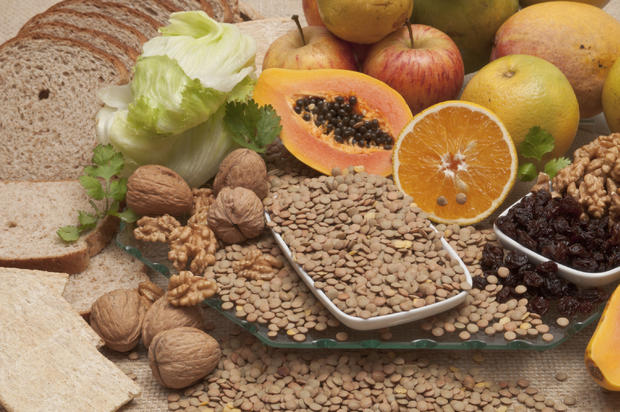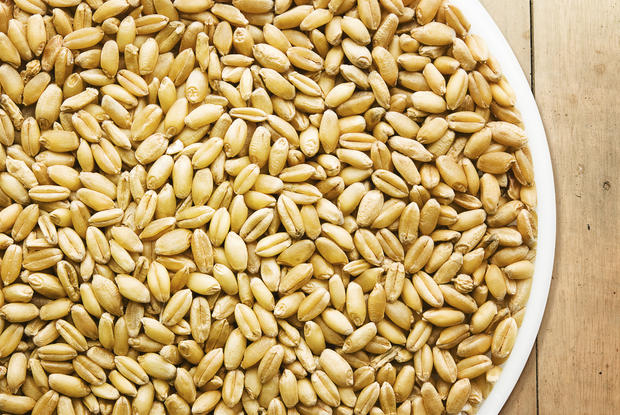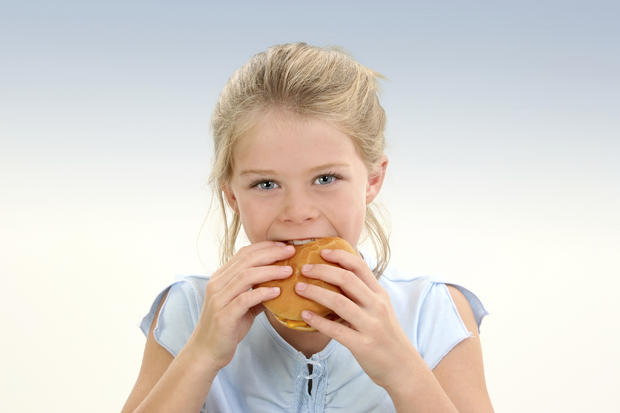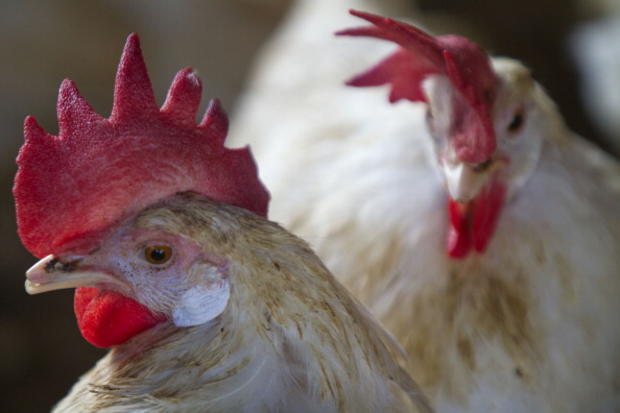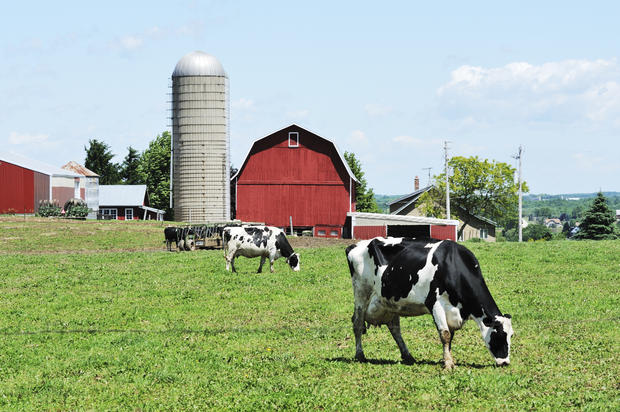7 food label claims that are meaningless
Foods labels can be confounding. On the one hand, they contain vital information health-conscious consumers need, the ingredients and nutritional content, but then there's the rest of the label. And that's where it gets tricky.
Labels are part of the marketing of products, intended to catch the eyes of shoppers and get them to pick one brand over another. Some of the claims on labels are regulated by federal law, and therefore have some meaning behind them.
Some examples are "organic," "low fat," and "sugar free."
It takes a lot of effort and commitment to be able to be certified as organic and be allowed to use that designation on a label. Organic products have to meet a range of standards for the ingredients, including how and where they were grown.
For most products, low fat is defined as having less than 3 grams of fat per serving. And sugar free means having no sugars as an ingredient and a total of less than 0.5 grams of sugar per serving.
While there are a few others that are regulated, here are seven claims you'll find on food labels that don't have much substance, if any.
"Doctor-recommended"
It seems like "doctor-recommended" means the product is healthy. After all it is doctor-recommended. But it's a claim with no substance. Assuming it's true, such a phrase could literally mean that a single doctor liked the way it tasted and recommended a friend try it. As the upscale Minnesota grocery chain Kowalski's Markets notes, when you say doctor-recommended on the label ask yourself: "Was it your doctor?" Be very skeptical of such a claim. If you see it on the label, look at what's really in the product.
"A good source of fiber"
What does "a good source of fiber" actually mean? Not much. If you are looking for a good source of fiber, that's not a claim that should reassure you. It means the product must have at least 10 percent of what you need each day, but that's not all that much. It's pretty easy to tell a good source of fiber: Just look at how much fiber there is per serving, the percentage of fiber in the daily value, and what the ingredients are. Truly good sources of fiber will be products with ingredients that have natural sources of fiber like whole grains, beans and fruits.
"Made with whole grains"
The "made with whole grain" claim can really throw people. When the first ingredient is refined flour, does it much matter that it is "made with whole grains?" That's quite often the case. Such claims are typically made when more meaningful claims can't be. The Center for Science in the Public Interest has asked Congress to require companies that makes such a claim to specify the percentage of whole grains. Check the label if you're looking to eat foods that are really are whole grain. They won't have white flour among the ingredients.
"Kid-approved"
"Kid-approved" isn't much different from doctor-recommended. What kids? Does that make it good? Does that mean your kid will like it? Such a label claim has no value or meaning. You'll have to determine what your kids will approve, not what some marketing department tells you they will.
"Free-range"
If you're trying to avoid buying chicken raised in densely populated coops and are looking for a bird that was allowed to wander the meadows to eat, the phrase free-range could trip you up. The only legal requirement to use the claim is that the animal was allowed access to the outdoors. It doesn't mean they ever did go outside.
Where it gets tricky is that truly free range chickens do exist. To determine whether the claim is empty or real, you'll actually have to research the companies making the claim to see which ones meet your idea of free range.
"Farm-raised"
Think about the phrase "farm-raised" for a second. Can you think of many types of meat sold at the grocery store that would have been raised anywhere other than a farm? Here's what the National Chicken Council has to say: "All chickens are raised on farms. So any chicken could be labeled "farm-raised."
That type of claim is intended to conjure the idea that the animal was raised on some small family farm and was given lots of care. Maybe it was. But saying that an animal was farm-raised doesn't really tell a consumer a thing.
"Natural"
It's not the worst of the lot, but it is undefined and carries little weight. When you're seeing such a claim on a processed food product, just how "natural" is it any longer? But the U.S. Food and Drug Administration, while not regulating the phrase, says it "has not objected to the use of the term if the food does not contain added color, artificial flavors, or synthetic substances."
That doesn't mean that it's healthier than other products. And it certainly can't be equated with organic.


